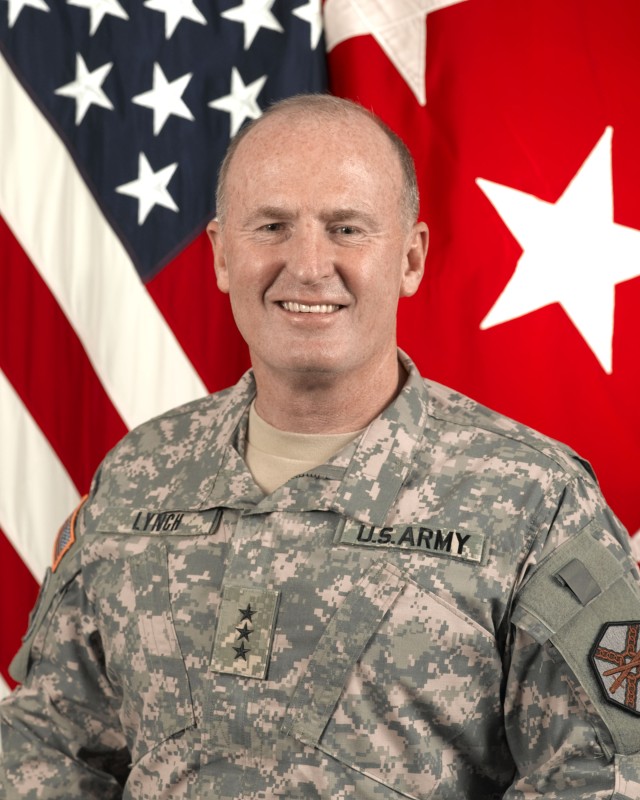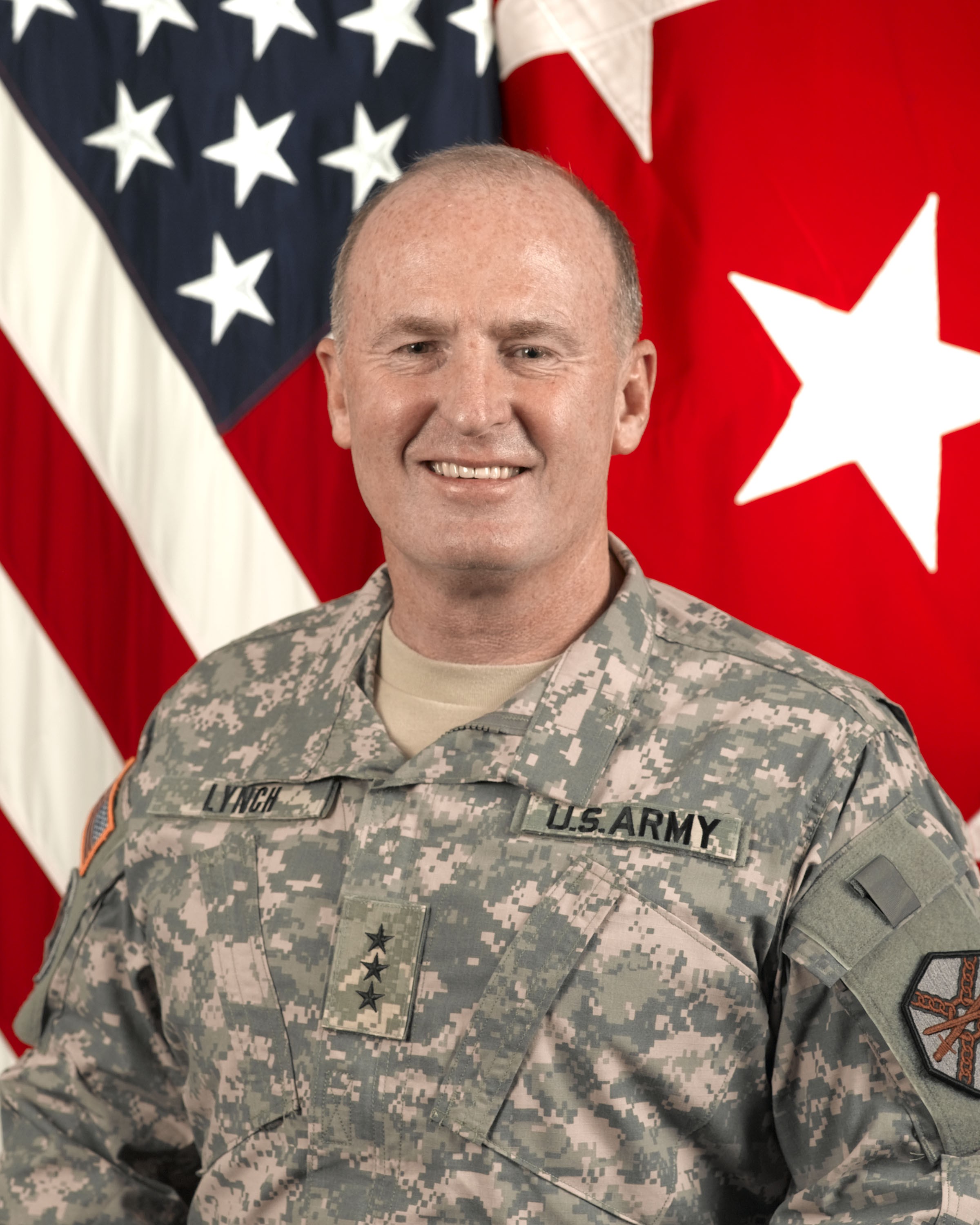
ARLINGTON, Va. - Army Families deal with unique challenges associated with military life, especially when it comes to relocation. Not only do Families have to find a new place to call home, they also have to find new health care and childcare providers, enroll children in new schools and activities and build new networks of friends and support.
These challenges are not easy for any Army Family, but for Families with special needs, they are magnified.
Families with members requiring special educational and medical services often have to rebuild a complex system of providers and services to support the health and development of their Family members. Families can put an incredible amount of time and effort into creating a network that enables their Family members to flourish, and then, when it comes time to relocate, they have to start again.
The Army does not intend for these Families to go it alone. The Exceptional Family Member Program , managed through Family and Morale, Welfare and Recreation Command, is a comprehensive, coordinated program that provides community support, educational, medical, housing and personnel services to Families with special needs. Families who have questions or need EFMP support are encouraged to go to the garrison Army Community Service and speak with the EFMP Manager.
Soldiers with Family members who have special needs are required to enroll in EFMP, so that the needs can be considered during the nominative phase of the military personnel assignment process. Some Soldiers may be reluctant to identify Family members for this program. They may feel that identifying with the program will adversely affect their career. This is simply not true. Army leaders at all levels must help dispel this misconception.
It is also important for Soldiers and their Families to know that the Army's EFMP does much more than provide information for assignment decisions. The EFMP is one way we can keep some of the most important promises articulated in the Army Family Covenant: providing access to high-quality medical care, educational opportunities and family programs that foster an environment in which Families can thrive.
EFMP is currently serving 16 percent of all Army Families, or more than 70,000 registered Family members. The program has provided critical support to Families since its start in 1979. Over the last 30 years, through initiatives such as the Army Family Covenant, the Army's commitment and promises to Families have become more defined. At the same time, the number of on- and off-post programs and services available to Families with special needs have increased and become more diverse.
As a result of the Army Family Covenant promises and the greater array of programs to manage or coordinate with, we are committed to continually seek new ways to enhance our EFMP support to Families.
The number one request I hear from EFMP Families during my installation visits is for assistance in navigating the variety of services and programs available through the Department of Defense, Department of the Army and other federal, local and state agencies. When Soldiers and their Families move to a new location, they need to know what is available on and off the installation and how to access and coordinate all the services.
The 2010 National Defense Authorization Act requires all of the Armed Services to provide additional support for Families with special needs. As a part of the Army's response, Installation Management Command will add 44 System Navigators to the existing EFMP staff at 26 garrisons stateside and overseas. The System Navigators will help Families connect to the local, state and federal resources they need. The 26 garrisons include Fort Hood, Texas; Joint Base Lewis-McChord, Wash.; Fort Bragg, N.C.; Fort Campbell, Ky.; and Schofield Barracks, Hawaii - the five installations with the highest number of EFMP Families. The System Navigators will be trained and in place within the first quarter of FY11.
System navigation is just one of the areas we are looking at through the Army EFMP Strategic Action Plan, which grew out of EFMP Summits held in February 2009 and February 2010. For all of the issues we are looking at-Family member evaluation, enrollment eligibility, information management, coordination of services, new programs and others-our efforts are guided by the concerns of our Families and a focus on improving Soldier and Family well-being and readiness.
One way Families with special needs can communicate their concerns and recommendations is through the Army Family Action Plan. AFAP is the Army's grassroots effort through which members of the Army community can identify and elevate significant quality of life issues affecting the community to senior leaders for action.
EFMP is also one of the programs that the Services and Infrastructure Core Enterprise is studying to bring about improvements for Army Families. SICE is a collaborative and cross-functional team of more than 15 commands, organizations and staff offices formed to develop solutions to Army-wide challenges. SICE will determine how we can resource installations with the appropriate number of EFMP staff for the most effective and responsive program.
EFMP has provided and continues to provide invaluable service, but this is an area in which we must always seek innovative ways to enhance support to Families with special needs. Soldiers and Families need to know before they depart for a new installation that they will be able to find the services necessary for the health and well-being of all their Family members. This is part of our promise to Families, for the sacrifices they make, and our commitment to Soldiers, whose strength and readiness is rooted in the strength of their Families.

Social Sharing